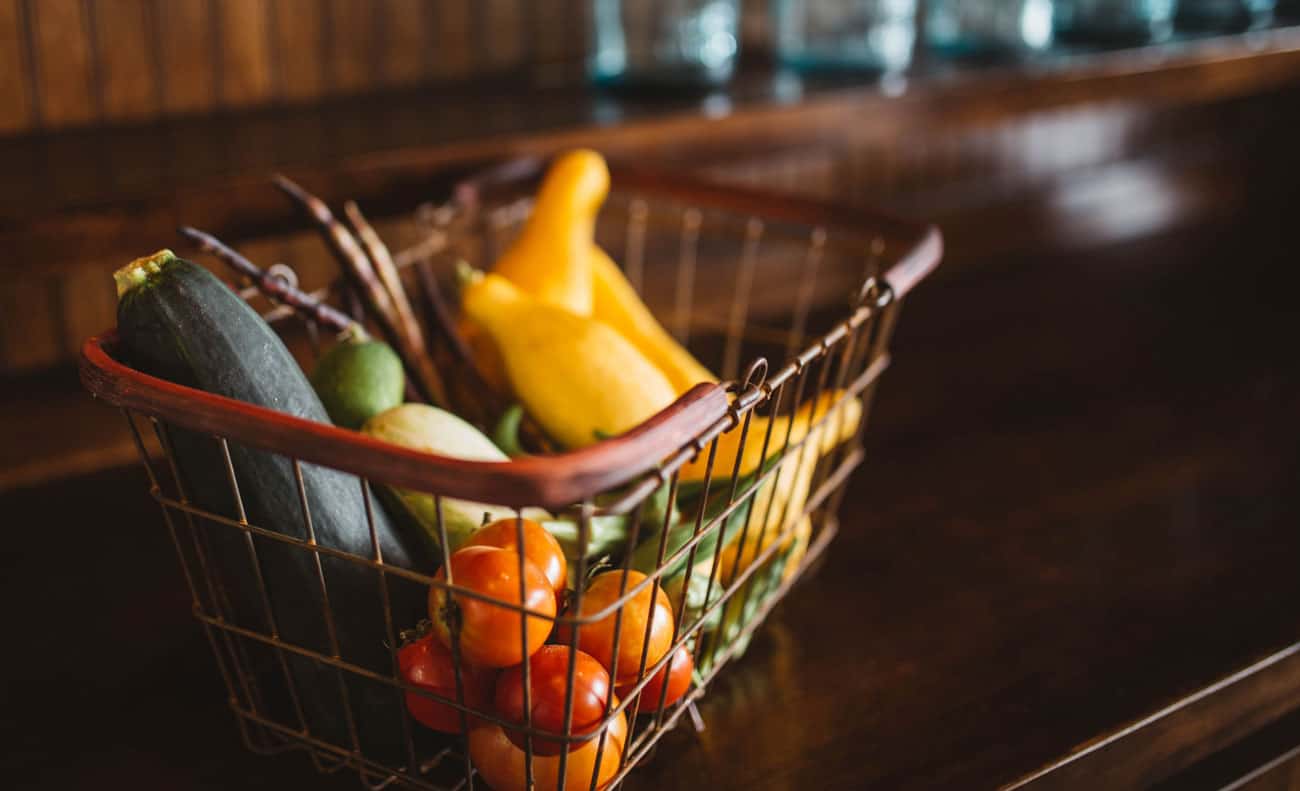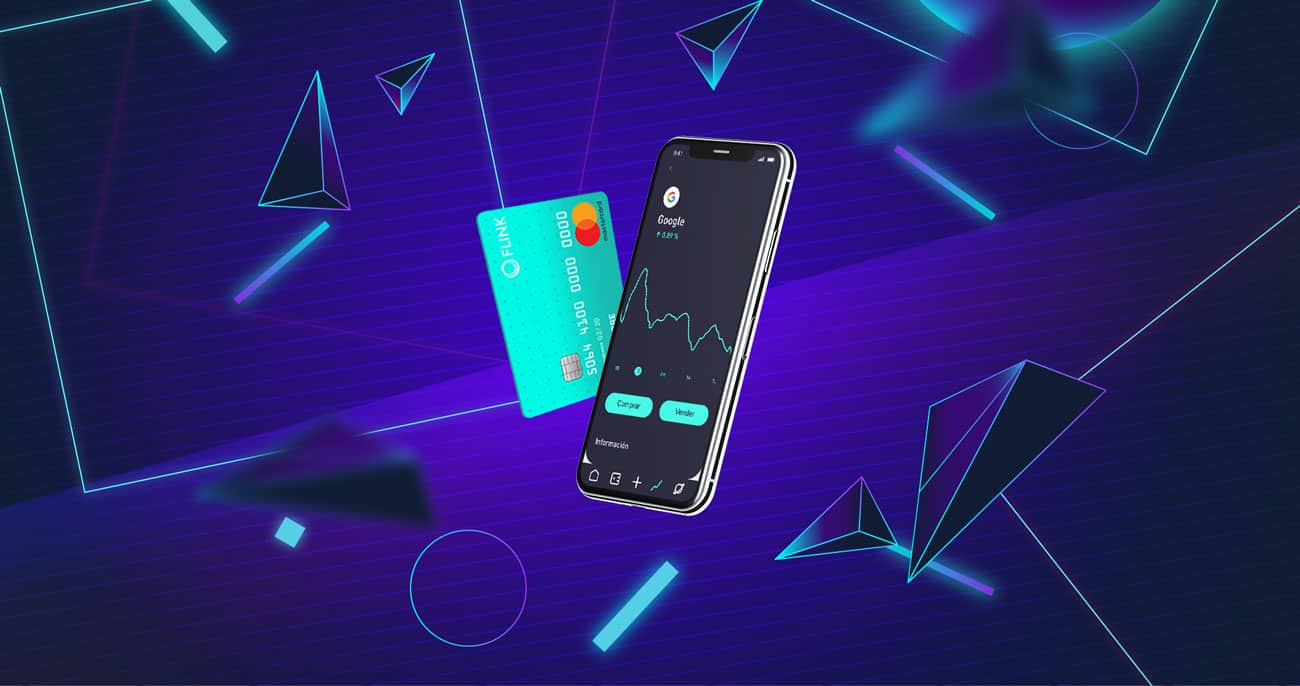Contxto – Brazilian online retail company B2W did some shopping this week. It has added to its cart and proceeded to checkout with Supermercado Now, an online supermarket platform. The acquisition was completed for an undisclosed amount.
A digital supermarket
Marco Zolet, Cristiane Dias, and Diego Kawaoka co-founded and launched Supermercado Now in 2016. It reportedly has around 30 supermarket chains and over 200,000 active users at the time of this acquisition.
Like Mexican/Chilean Cornershop’s model, Supermercado Now offers a grocery delivery system.
All you need to do is select your preferred supermarket and then fill your digital shopping cart.
The vendor can prepare the order for pickup, or if you’re super busy (or feeling extra lazy) the goods can be delivered to your location within two hours.
Supermercado Now made money by charging the supermarket chains it partnered with. Specifically a fee for every sale managed by its platform.
Food for thought
San Francisco’s Instacart was the inspiration for Brazilian Supermercado Now.
And it’s currently facing strikes for low wage earnings from its independent deliverers. This is largely explained by recent changes Instacart made to its tipping policy. These protesters were managed as independent workers and consequently, part of the growing gig economy.
Much like Supermercado Now’s shoppers or Rappi’s motorcyclists are.
Now, in the past, Rappi has faced backlash from its freelancing delivery peeps for low wages. Consequently, I wonder if it’s a matter of time for something similar to happen with Supermercado Now or Cornershop.
In the latter’s case, a shopper/deliverer charges a fee depending on the total amount a user bought. In Mexico, purchases for more than MXN$300 (about US$16) come with a MXN$89 (around US$4.75) fee. Meanwhile, groceries sold above MXN$500 (US$26) have a MXN$69 (around US$3.50) fee. Plus whatever amount a user gives in tips.
And as the saying goes: history doesn’t repeat itself, but it often rhymes.
If there are independent deliverers for Cornershop or Supermercado Now that highly rely on their work with the startups for income, things could get ugly if demand falls. It could worsen if users are encouraged to pick up their groceries at the store, thus cutting the deliverer out of the equation.
Moreover, these Latam startups may feel pressured to cut costs as retailers develop their own delivery applications. Or, others, such as Amazon Fresh, were to arrive unexpectedly to Latin America to provide their own grocery delivery service.
Guess we’ll just have to wait n’ see.
-ML







